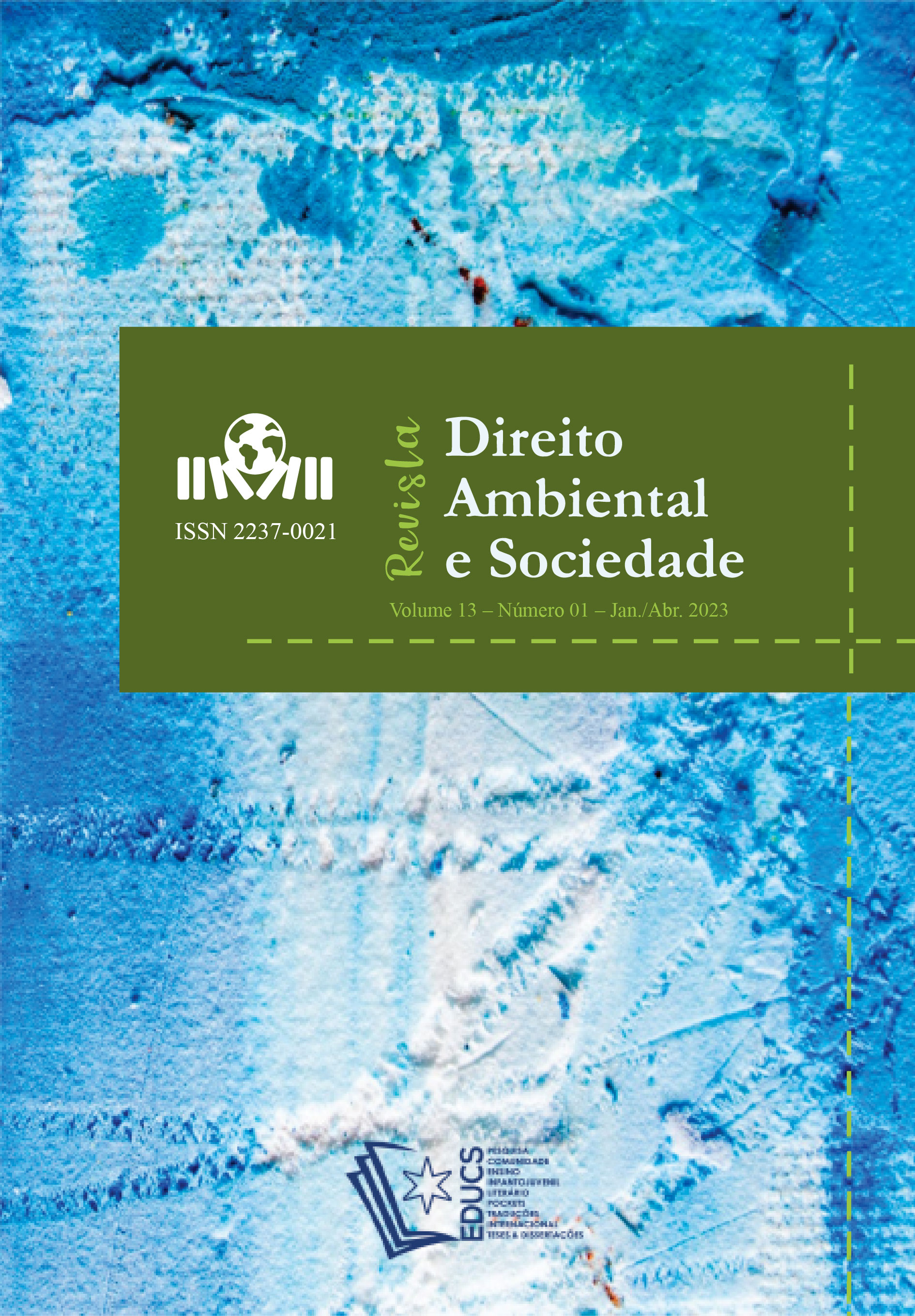Nudge as a discretionary municipal choice structure in the implementation of the solid waste policy for sustainable disposal of dangerous household waste
DOI:
https://doi.org/10.18226/22370021.v13.n1.12Keywords:
Public services, Libertarian Paternalism, Administrative Discretionary, Solid WasteAbstract
The article discusses the use of Nudge as an induction tool in the structure of discretionary administrative choices. The research has a bibliographic and documentary character. It is of a qualitative nature, through the analyzes carried out, and exploratory, once it reaches new perceptions, from the collating of data and gathered information. It seeks to reveal the importance of the discretionary role of public managers, as architects of choices, by performing a paternalistic libertarian role in order to induce favorable behavior of public service users without, however, withdrawing individual liberty for themselves. It then reviews the public choices that can be made under the National Solid Waste Policy – NSWP in order to achieve optimal results in practice, given the scarcity of public resources and the difficulties of implementing public policies in this area. It examines the reflexes of the state nudges as a form of concretization of the NSWP as a way of inducing the administered ones to certain attitudes that corroborate for the scope of the established legislative structure. Finally, it concludes that behavioral economics, as well as nudge, and other tools are useful for maximizing the objectives proposed by the NSWP, but do not exclude other actions necessary at the level of government, or even in the private sphere, that provide architecture aimed at the achievement of these objectives, thus, the approach of the “nudges” is relevant to promote, consciously, the government, public policies, using what science, especially the economy, already explained about human behavior.
Downloads
Published
How to Cite
Issue
Section
License
Copyright (c) 2023 Journal of Environmental Law and Society

This work is licensed under a Creative Commons Attribution 4.0 International License.
A aprovação dos textos implica cessão imediata, automática, e sem ônus dos direitos de publicação na REVISTA DIREITO AMBIENTAL E SOCIEDADE (ISSN 2237-0021) que terá exclusividade para publicá-los em primeira mão.
O(s) autor(es) continuará(ão) a deter os direitos autorais para publicações posteriores. Os trabalhos publicados são licenciados sob a Creative Commons Attribution License que permite o compartilhamento do trabalho reconhecendo a autoria do trabalho e a publicação nesta revista.
Este trabalho está licenciado sob uma licença Creative Commons Attribution 4.0 International License.








